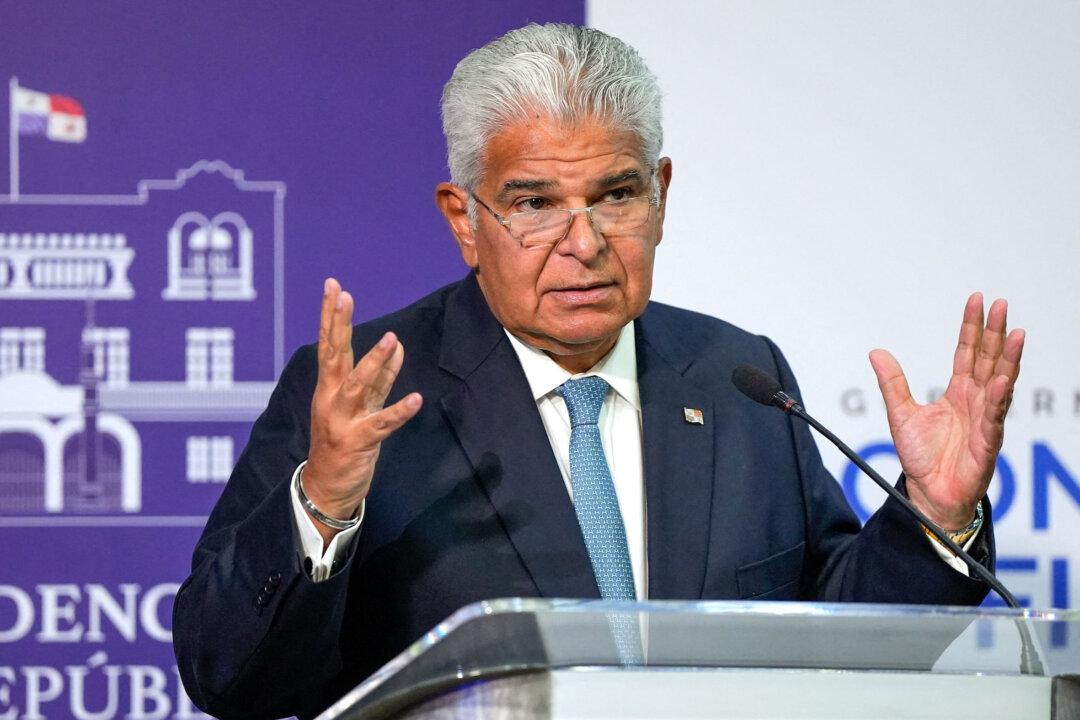Panamanian President José Raúl Mulino said on Feb. 2 that his country will not renew its memorandum of understanding with the Chinese regime to be a part of the Belt and Road Initiative (BRI) of the Chinese Communist Party (CCP).
Speaking to reporters, Mulino said the agreement is due for renewal in two years and his government is looking into the possibility of terminating it earlier, according to local media reports.





